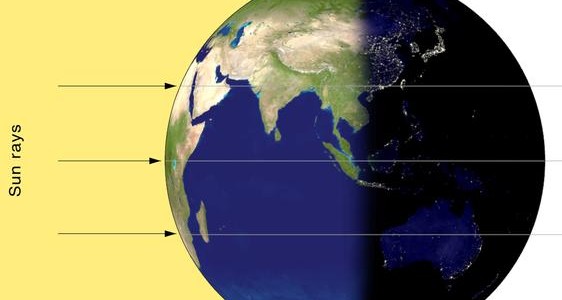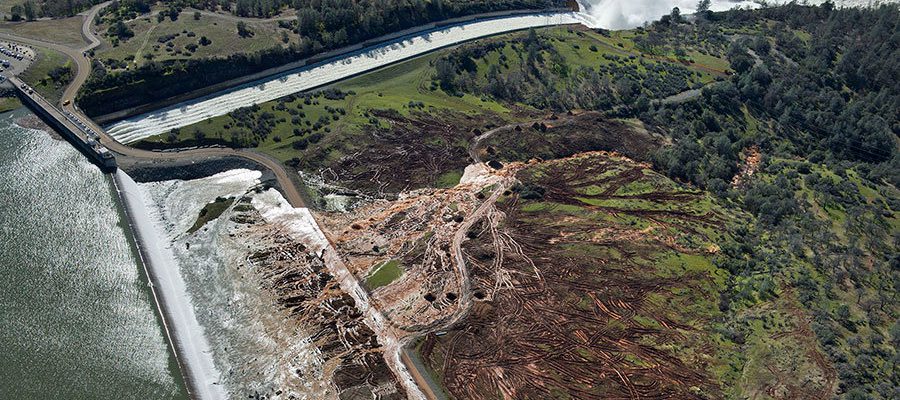Uncategorized
-

As the climate changes and warmer temperatures move towards the poles, there will be winners and losers. Food and Wine features one of the winners in a warmer climate–wine producers in the south of England, who are now able to produce sparkling wines that rival the traditional Champagnes of France. It’s not just the changing…
-

Above-normal temperatures covered Georgia again in March 2017, with National Weather Service offices reporting temperatures as much as 3.4 degrees above normal. This is the 14th month in a row with above-normal temperatures for the state as a whole. In spite of the warm conditions, frigid temperatures mid-month killed off 80 percent of the Georgia…
-

Many weather forecasters never publish stories of how their forecasts verified, although many of the best ones will take the time to discuss what went wrong when the forecast seriously busted. Here NOAA provides us with a look at how their winter forecast did compared to what they predicted last year. You can read their…
-

Monday March 20 marks the beginning of astronomical spring for the Northern Hemisphere. Remember that for climatologists, spring begins on March 1, so we are already three weeks into spring from a weather standpoint! You can read more about the vernal equinox at EarthSky here.
-

Unless you’ve been hiding under a rock, you can’t help but have noticed the unusually warm spring we are experiencing in the Southeast so far this year (and even then, the rock would probably be getting warm!). Observations from the National Phenology Network indicate that we are running 3-4 weeks ahead of normal based on…
Posted in: Uncategorized -

Travel and Leisure magazine published an interesting article this week on some research recently published by Swiss scientists in the European Geosciences Union (EGU) journal The Cryosphere. In the article, the scientists show that the best case scenario, where nations around the world follow the Paris climate agreements to limit greenhouse warming to 2 degrees Centigrade, the…
-

Last week I reported that the Oroville Dam in northern California was in danger of losing its capacity to hold back water from the reservoir there, the second biggest one in California, due to a damaged spillway and water overtopping the emergency overland spillway due to heavy rains in the area. Hundreds of thousands of…